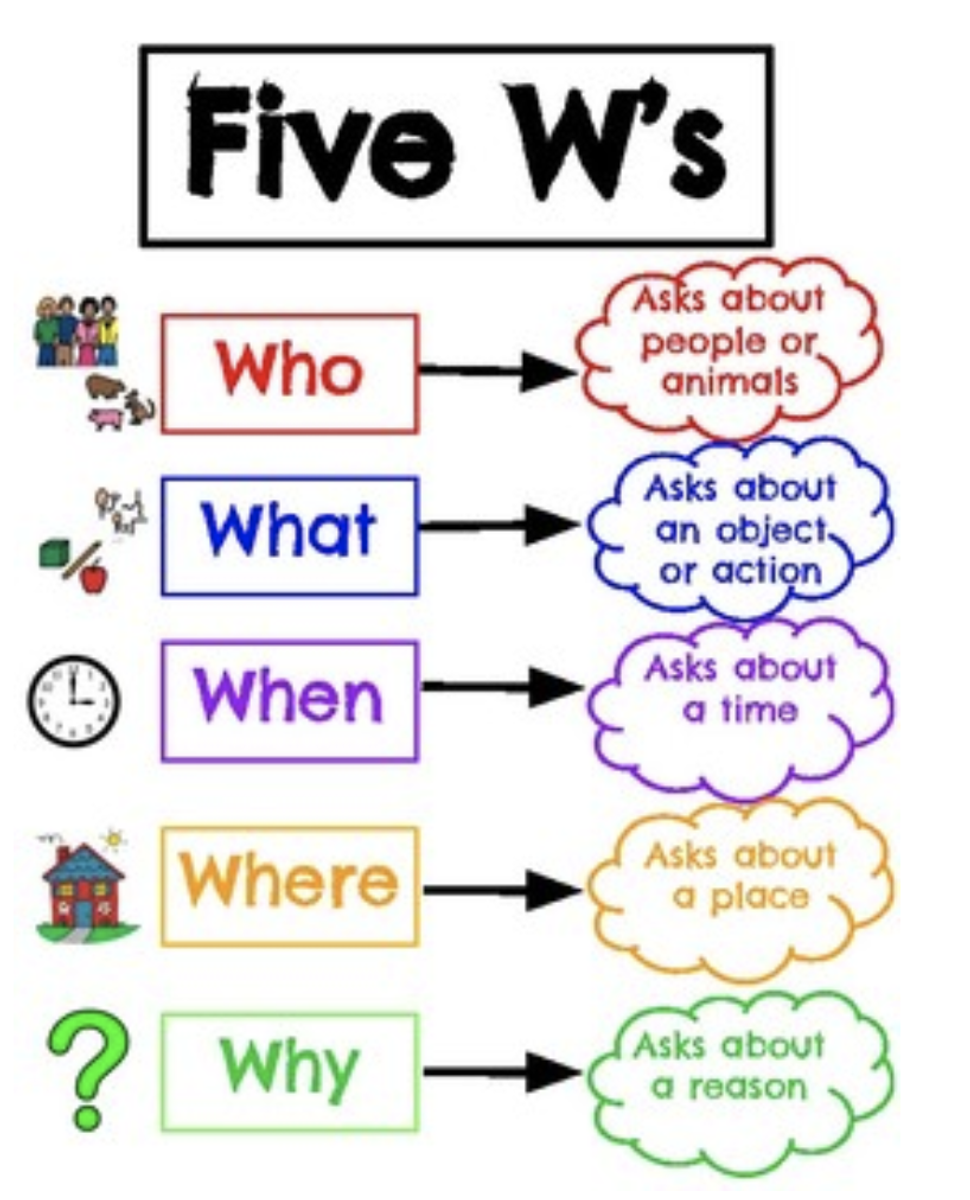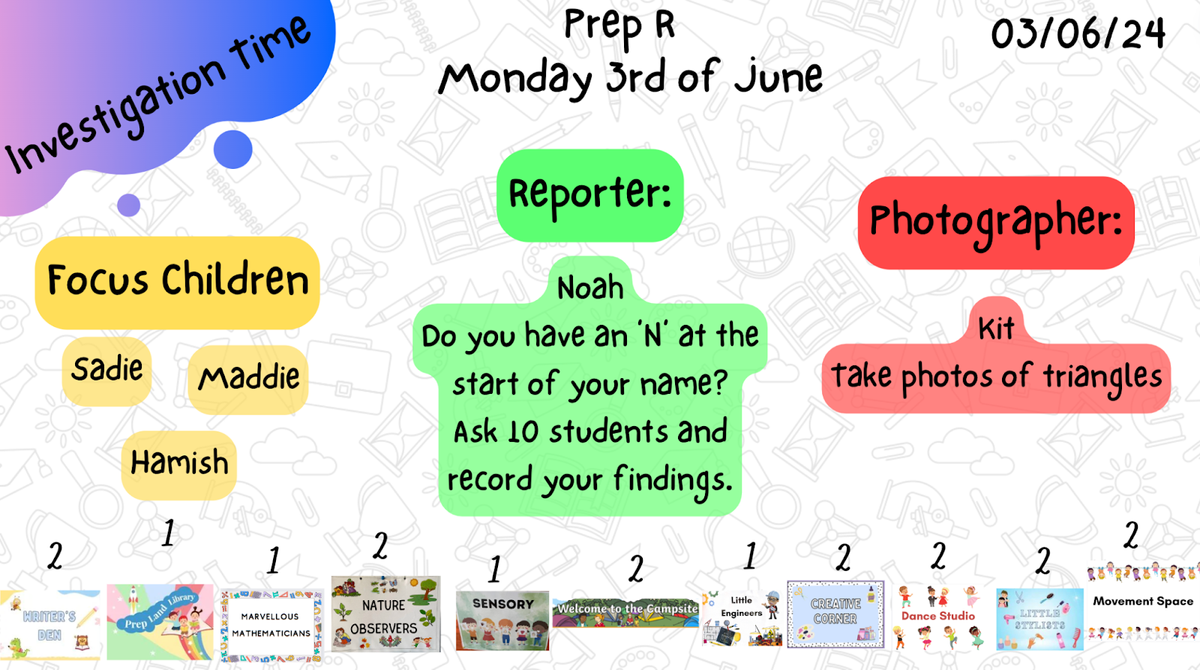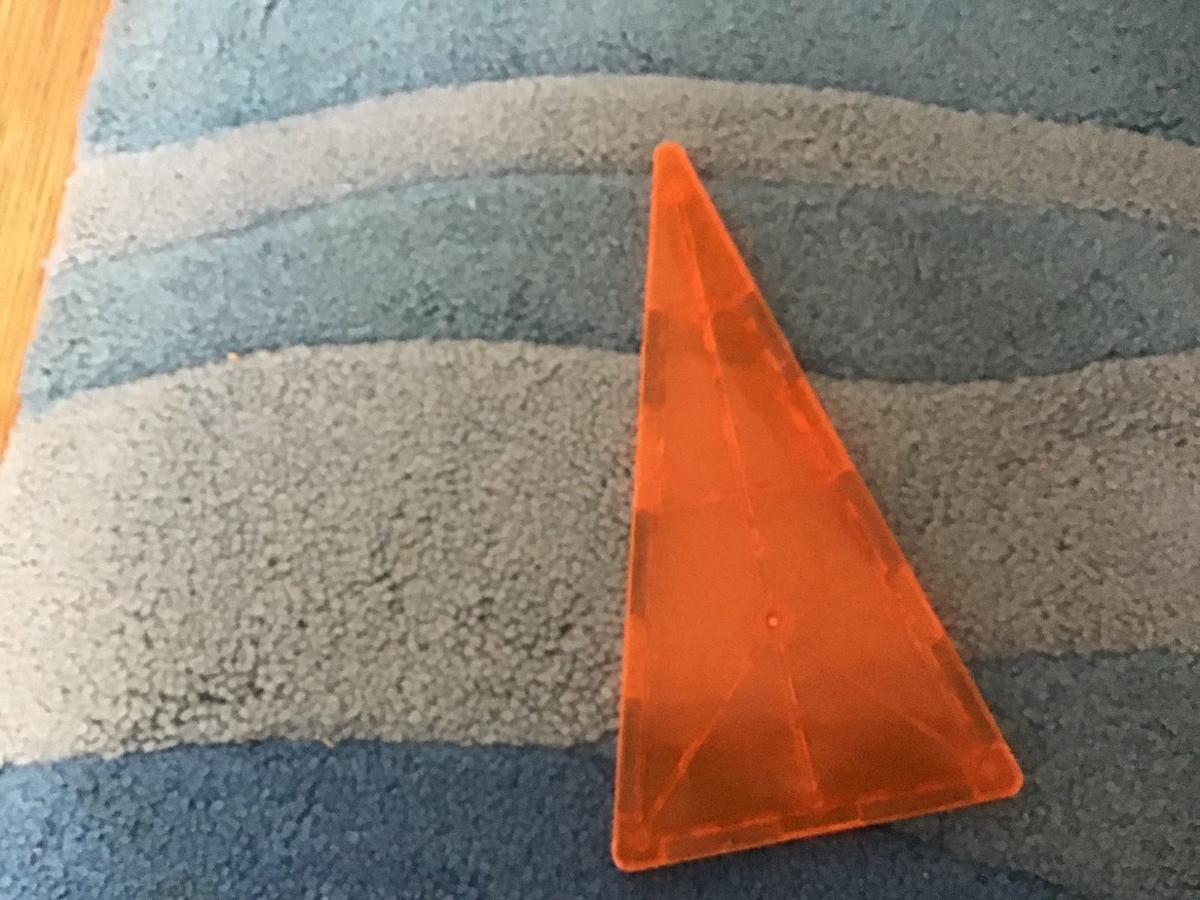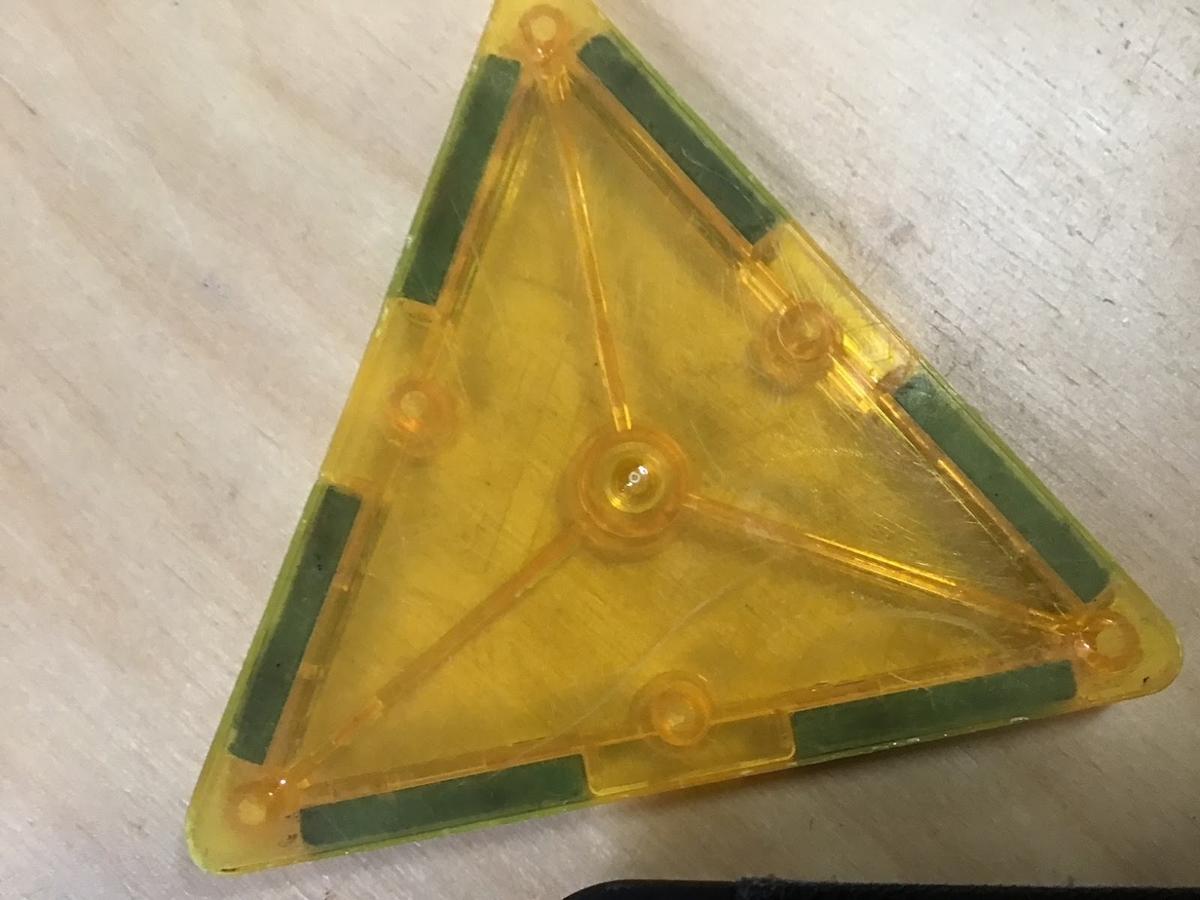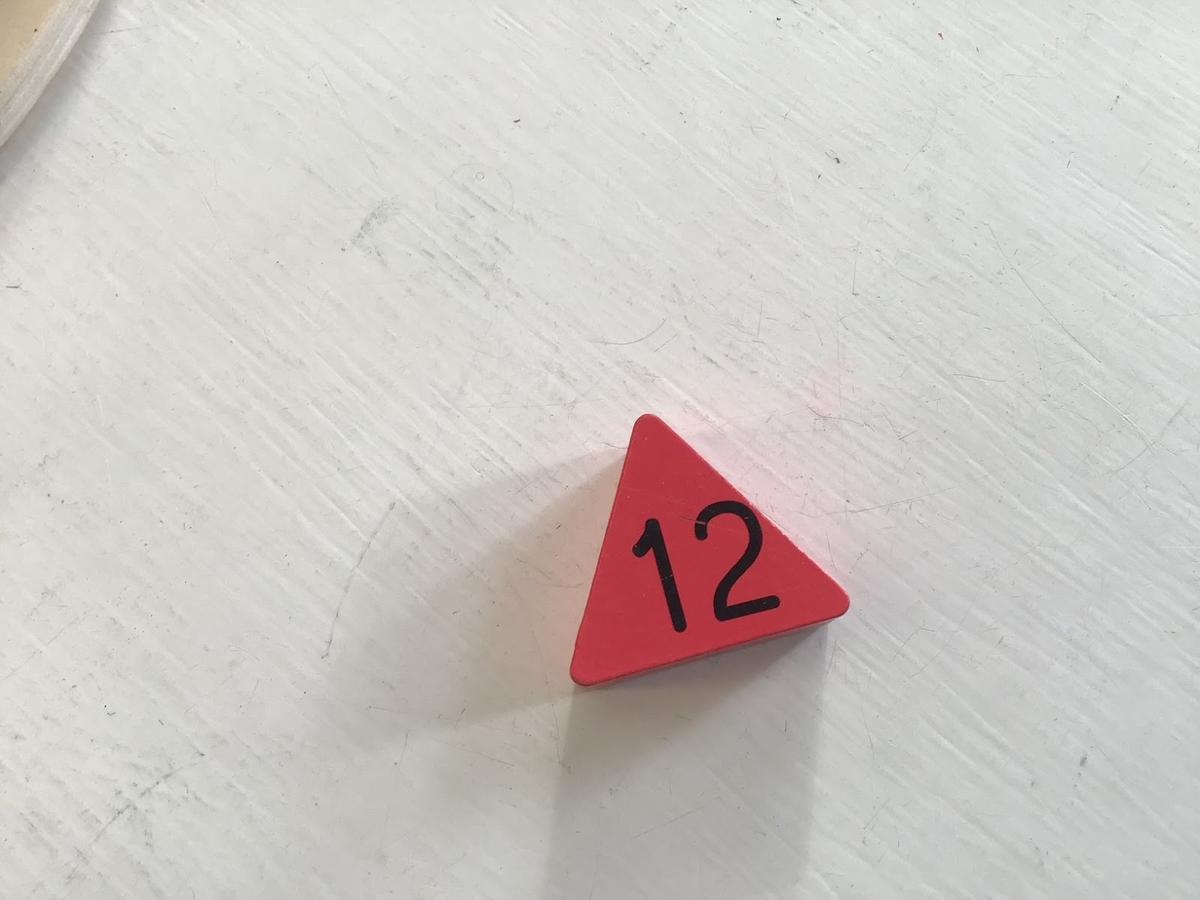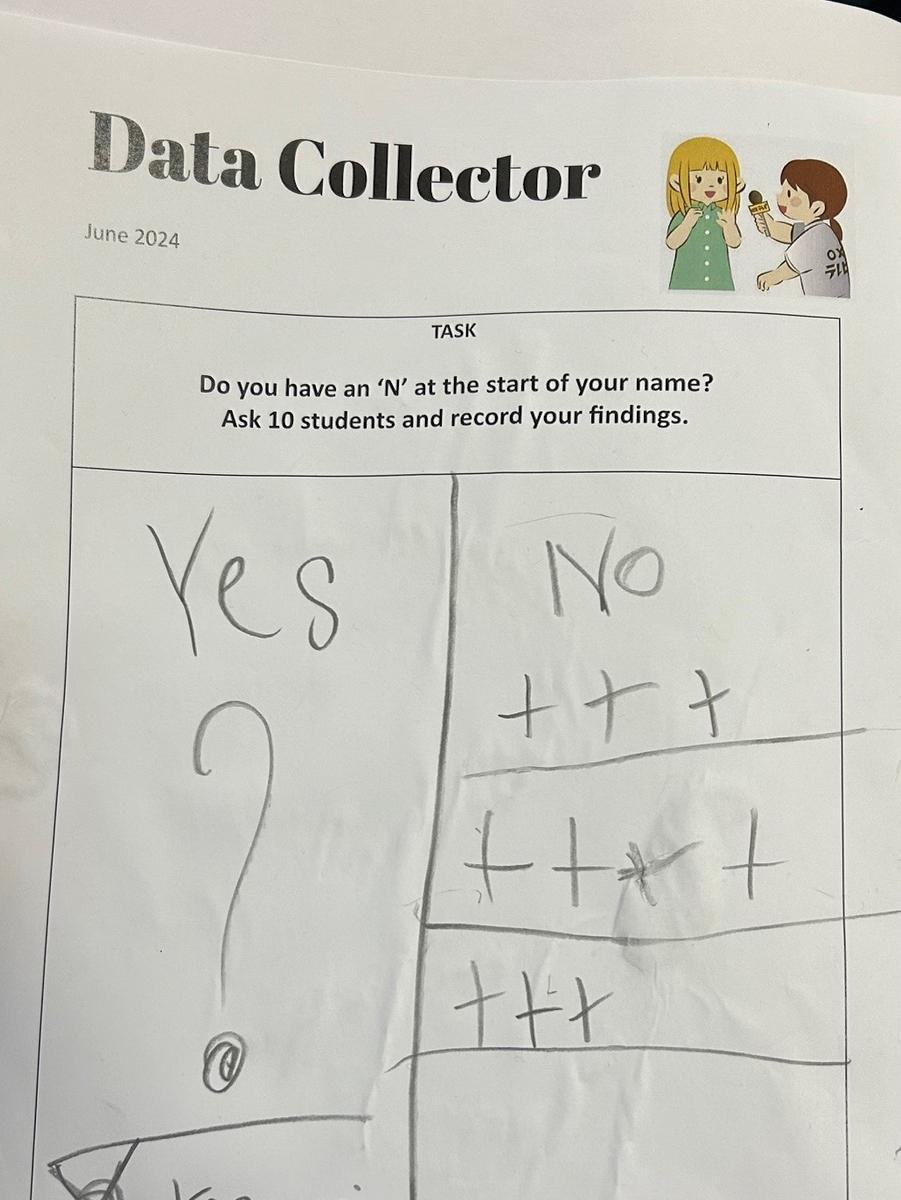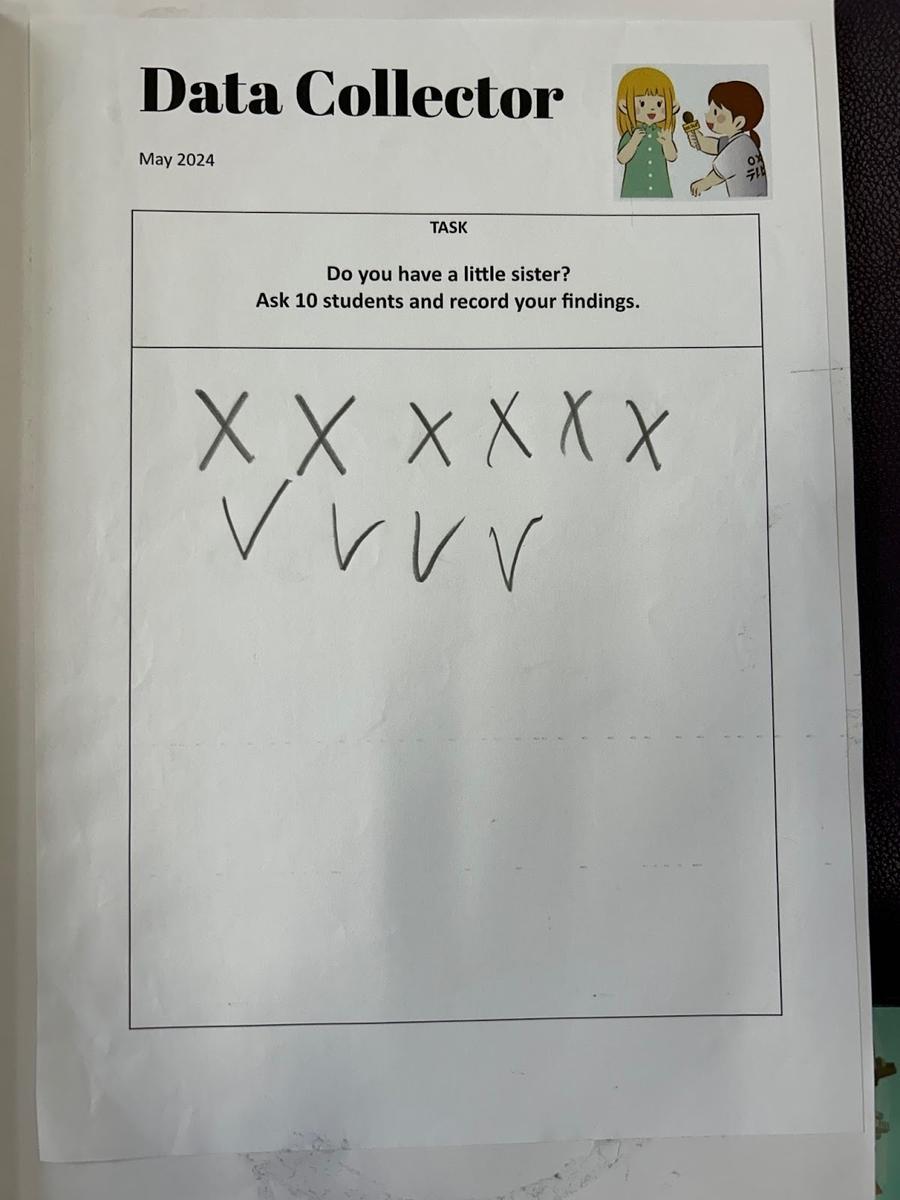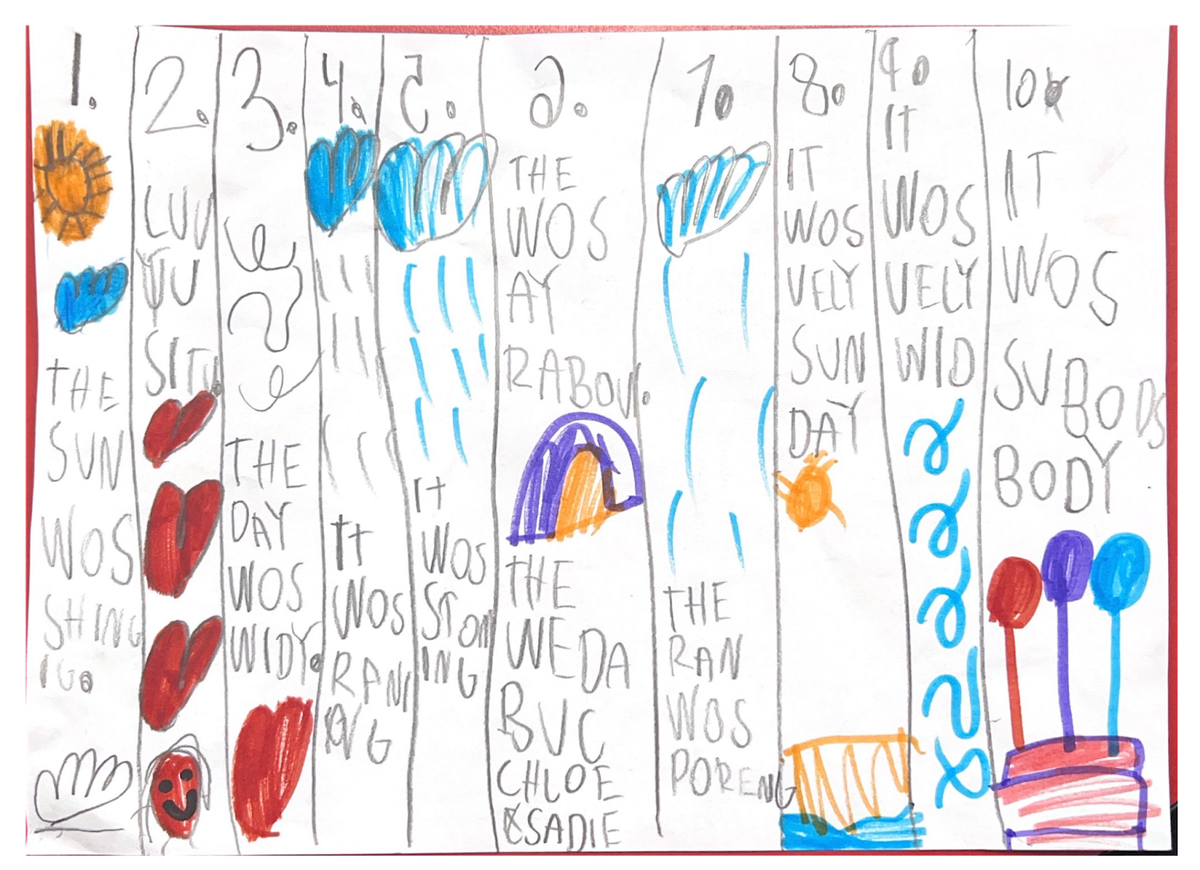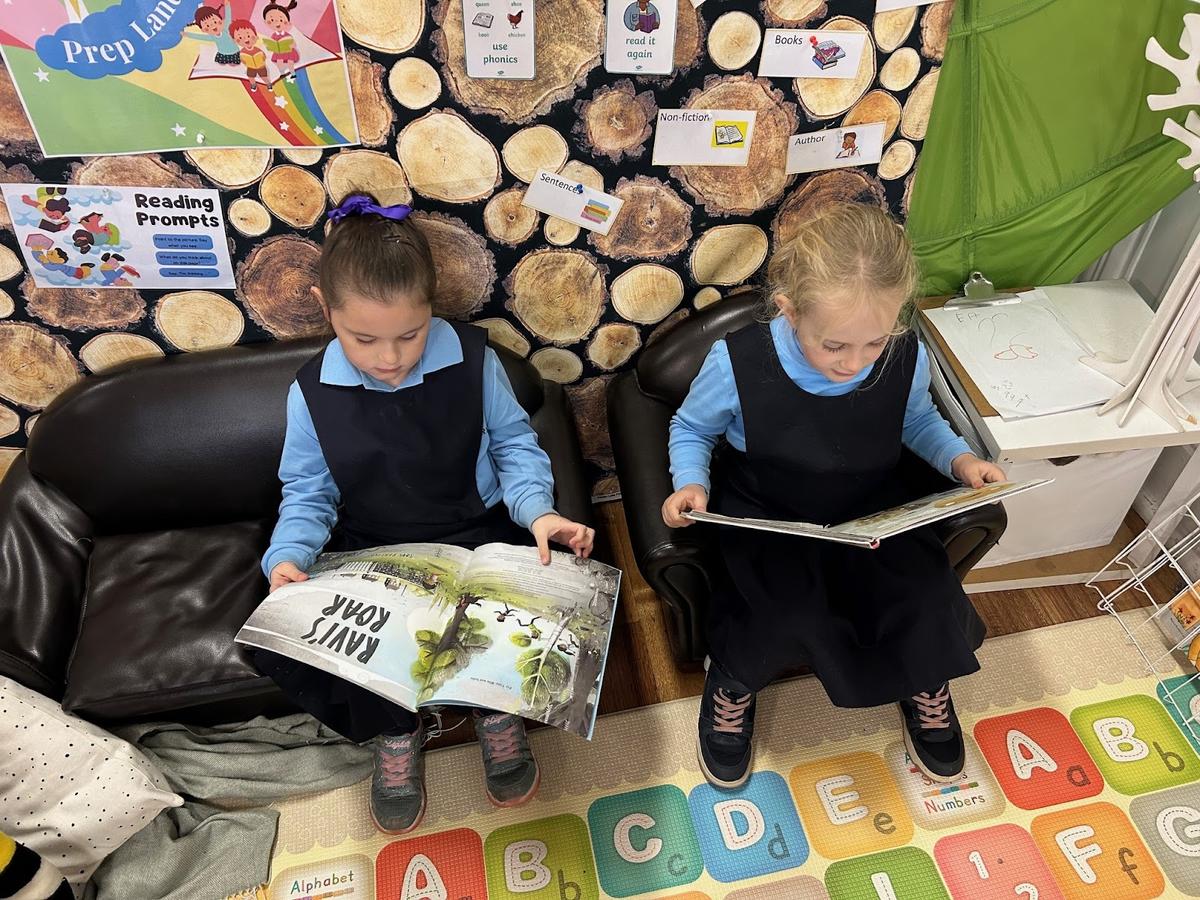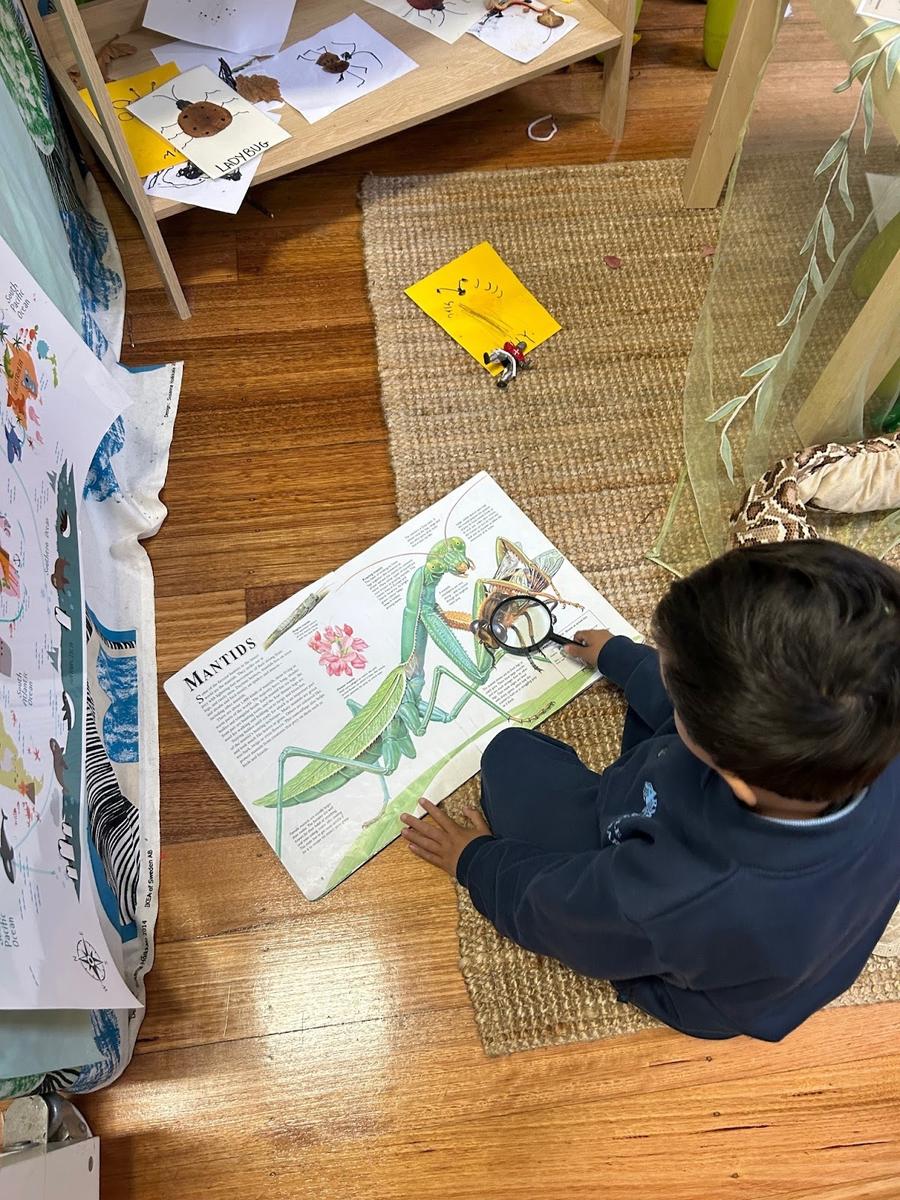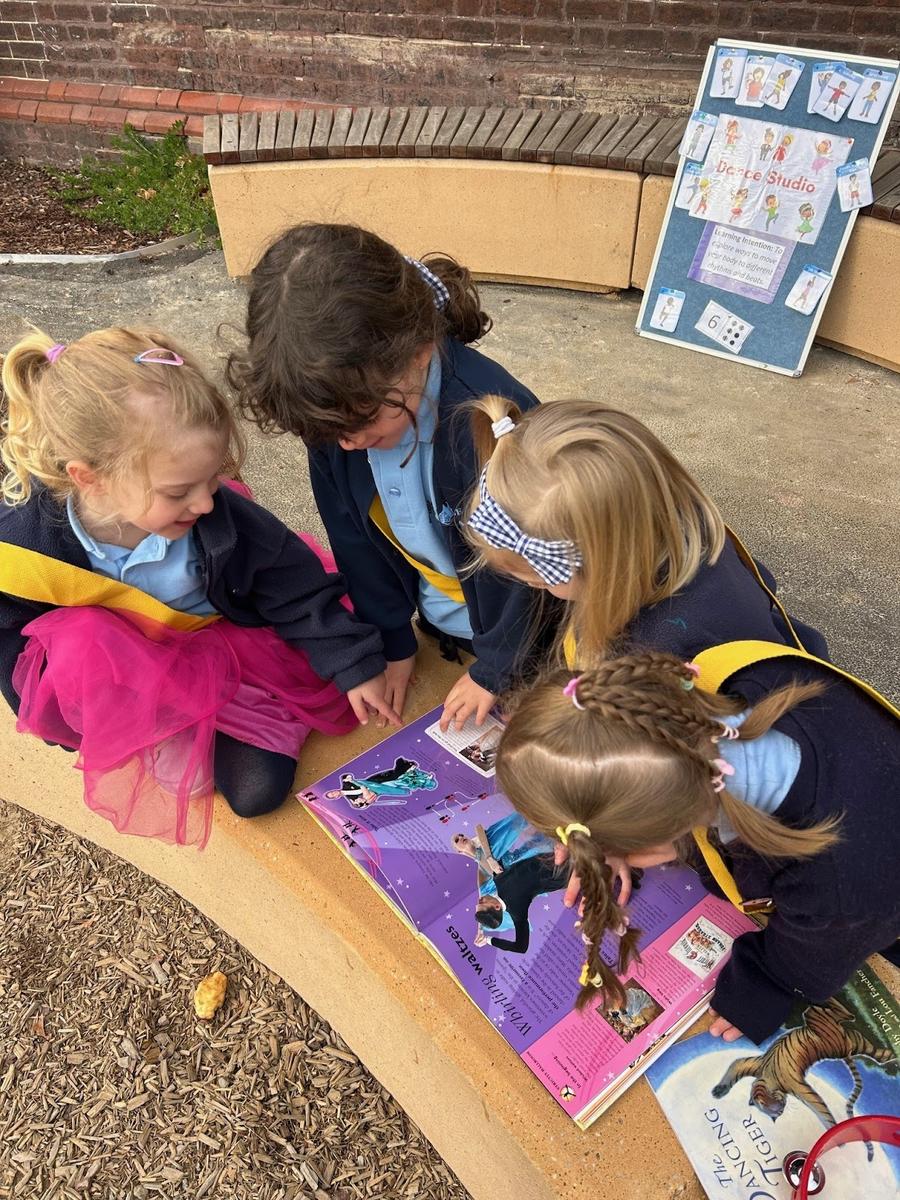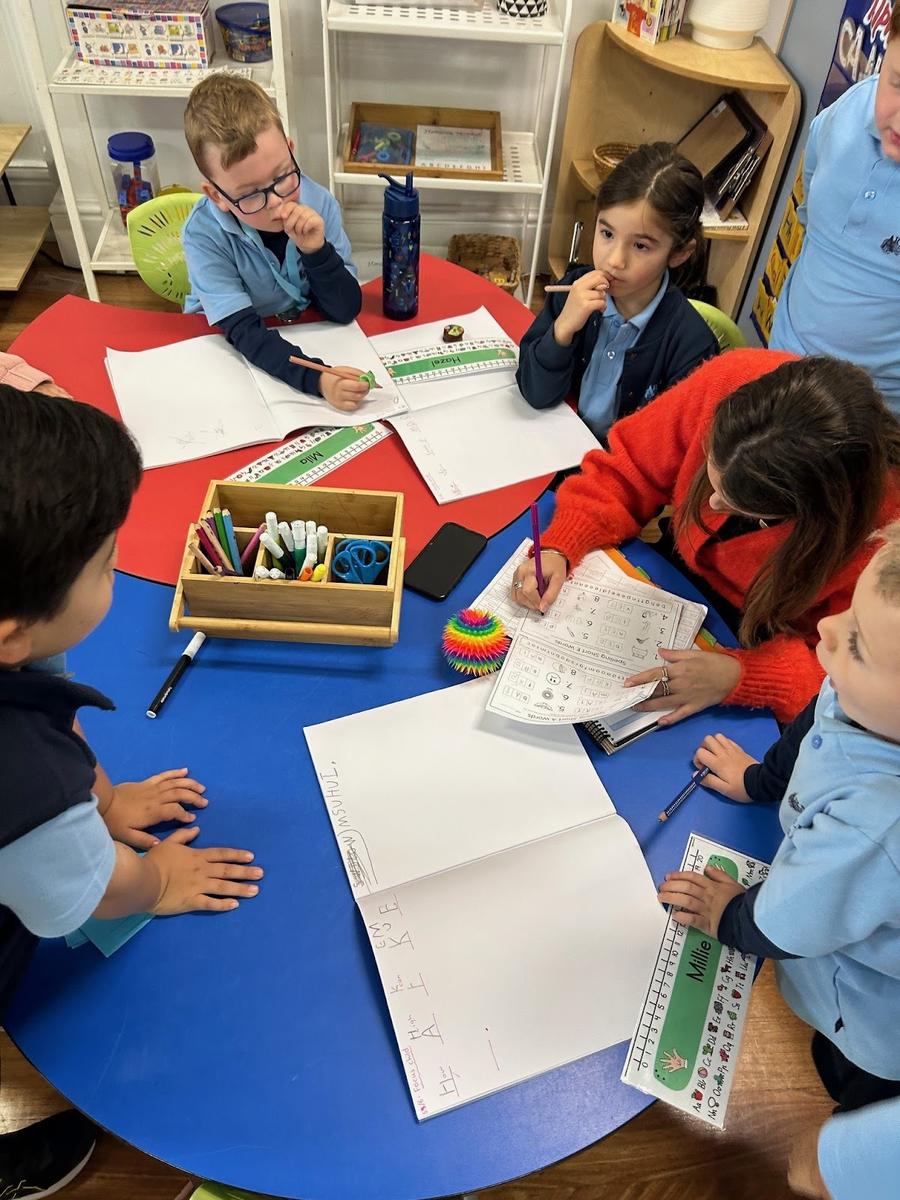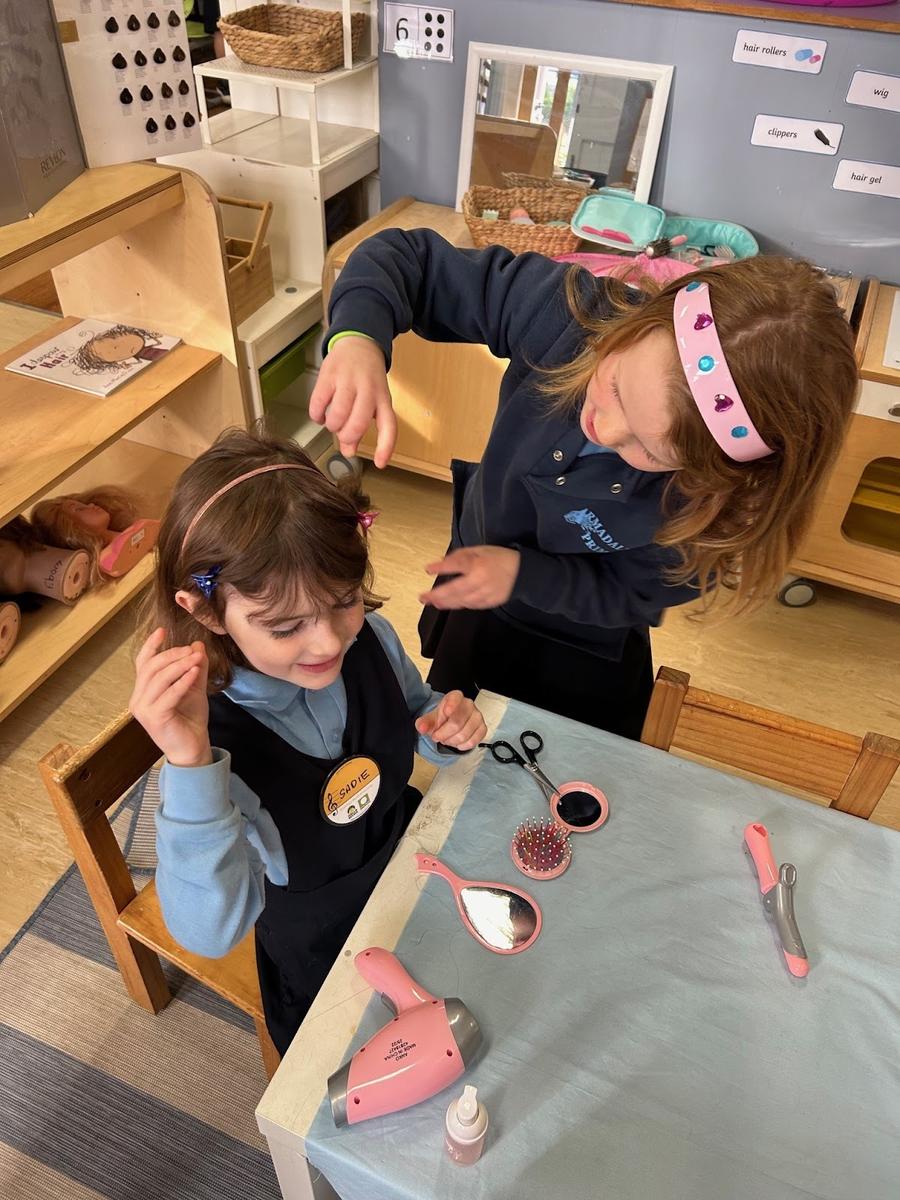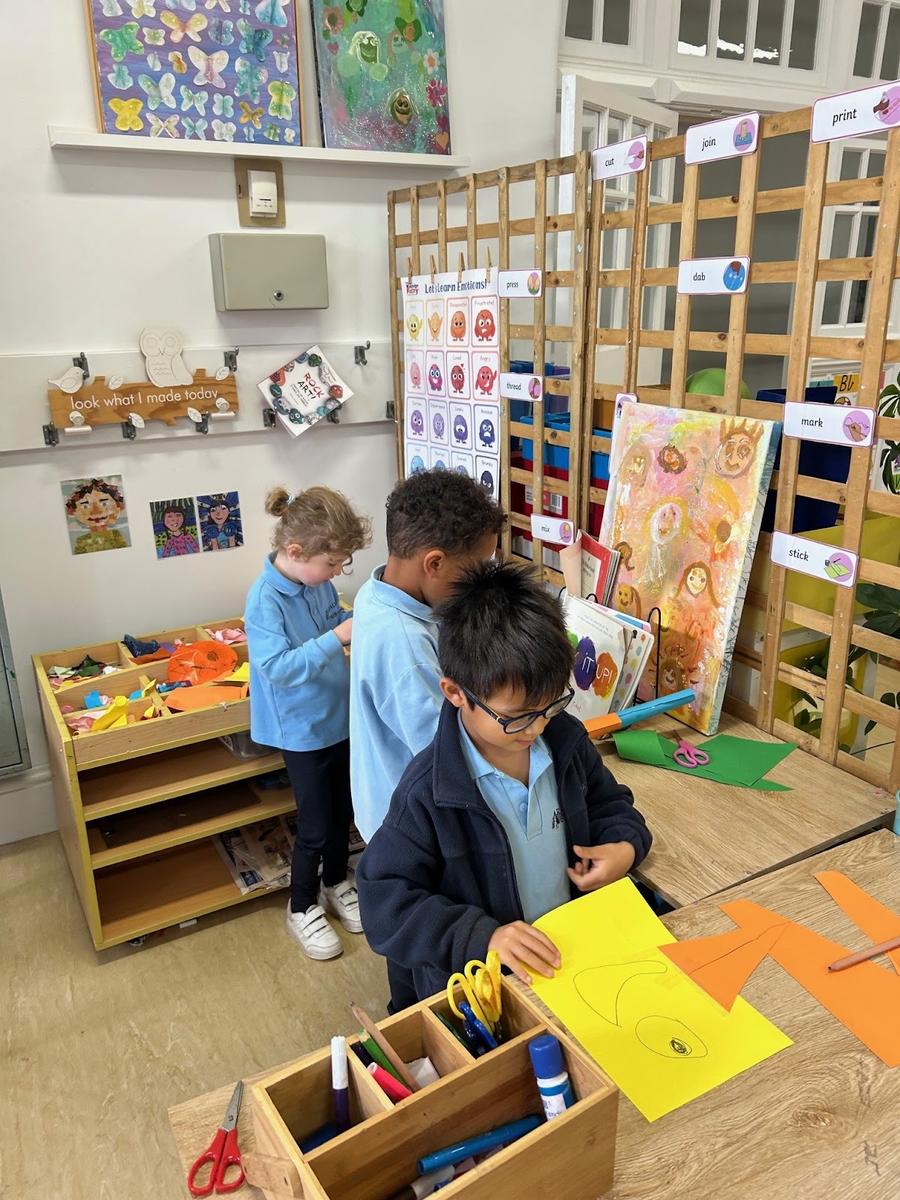Prep Bulletin
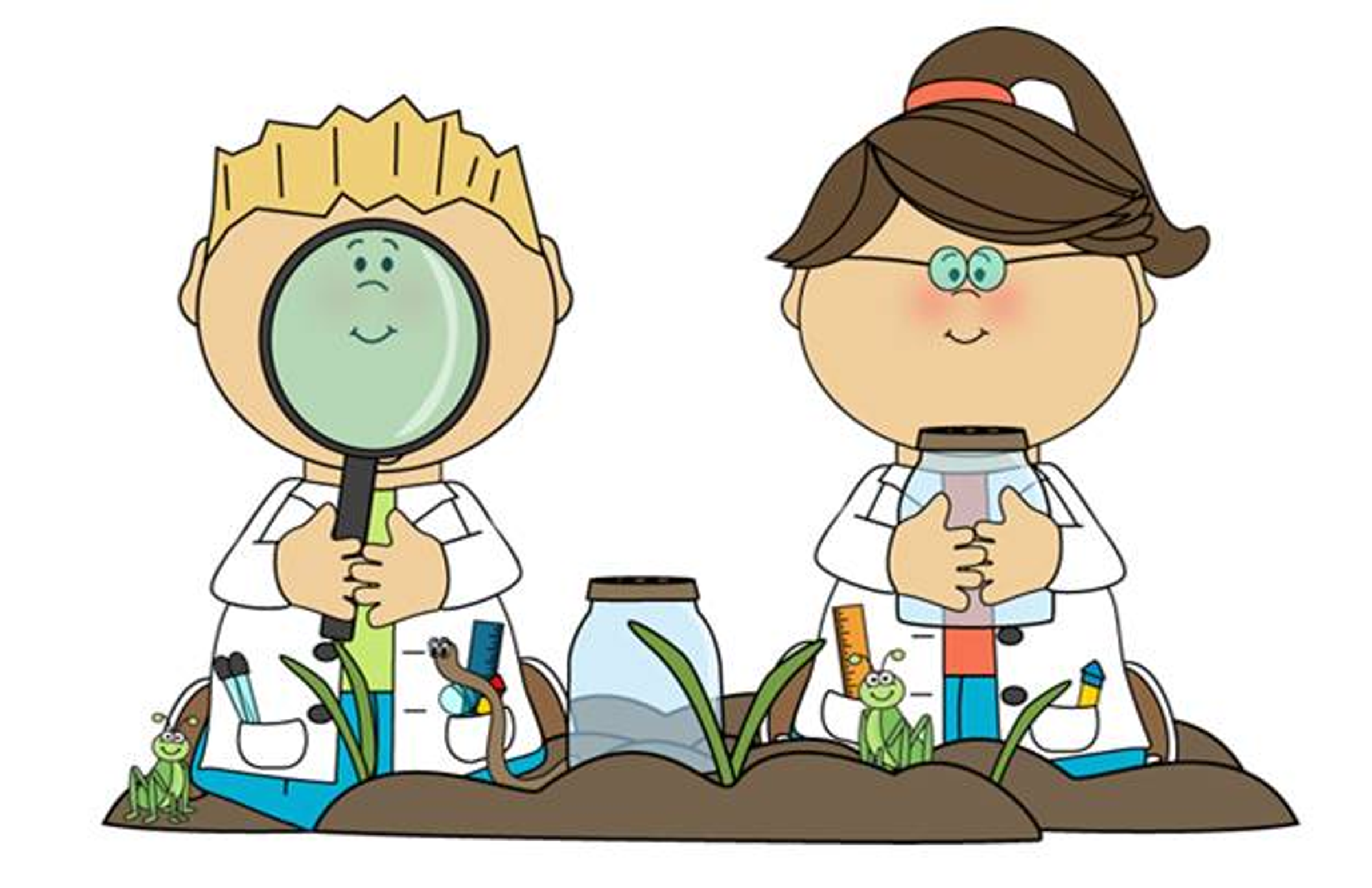
Learning Experience Overview:
Investigations fosters a student-focused learning environment that promotes curiosity and provides your child with the opportunity to develop skills such as: Thinking critically and creatively, speaking clearly, posing questions, developing a rich vocabulary, collaborating and making connections to the real world.
During Investigations, students explore a range of activities that are created based on their interests. Our spaces include: sensory experiences, construction, maths, reading, writing, visual art, role play, science, health and physical education, drama and music.
Whole:
Focus: Spelling
At the beginning of each session, we have a short focus where the students explore a specific concept. This week, we used the ‘Linger Finger’ to notice ‘Rr’ on our Investigations display. The teacher prompted the students to think about:
- Where do you see the letter ‘R’?
- Where is it in the word?
- Is it uppercase or lowercase?
- What sound does the letter ‘R’ make?
Focus Children:
Three Focus Children speak to the class at the beginning of the session informing their peers and teacher of why they chose their item and their investigation intentions. Students use the anchor chart below to guide their presentation and support them in giving context to their ideas. The teacher provides some probing through questioning to determine what the children are interested in and then how this can be transferred into a real life scenario.
Reporter and Photographer:
In each session there is also a Reporter and Photographer. The teacher allocates a task to two children per session. The role that each child is given to fulfil their role is specific to the Big Idea or their personal interests and alternates between a mathematics, literacy or wellbeing intention. Below is an example of this week’s Reporter and Photographer tasks and students’ work samples:
Small:
Students select an Investigations area that they want to explore. Each area is filled with a learning intention, interesting words and materials that relate to the chosen theme. These provocations are carefully selected by the teachers to encourage exploration, curiosity and questioning. Each area also fosters important skills such as collaboration, communication and social skills.
Below is one example of a students’ work during Investigations. ‘The Weather Chapter Book’ was written in the Writer’s Den and completed without teacher instruction. Students bring together what they have learnt in different situations, connecting ideas and transferring them to other contexts.
During Investigation sessions, the teacher spends one on one time with the Focus Children, scaffolding their learning and supporting them to discover different methods of finding information about their chosen topic. The teacher asks lots of open-ended questions to encourage the child to think more deeply about their interests. The focus is on the process, rather than the outcome.
Whole:
The Focus Children share what they have learnt and discovered with the rest of the class, practising how to express their ideas in a structured way. They also articulate any challenges they encountered and how these were overcome. This sharing time emphasises important speaking skills such as articulating ideas clearly, using appropriate vocabulary and maintaining eye contact with their audience.
What you can do now to continue the learning at home from this experience:
- Ask your child about their Investigations this week (What area did you find most interesting? What have you discovered? Where do you want to go next?)
- Promote curiosity in your child through asking open-ended questions
- Encourage your child to check their Investigations roster regularly to stay organised
- Discuss with your child what they would like to share
- Use the ‘5 W’s’ anchor chart to practise giving context to ideas
Alyssa, Ruby and Julian
Prep Team
Alyssa.Thermos@education.vic.gov.au

